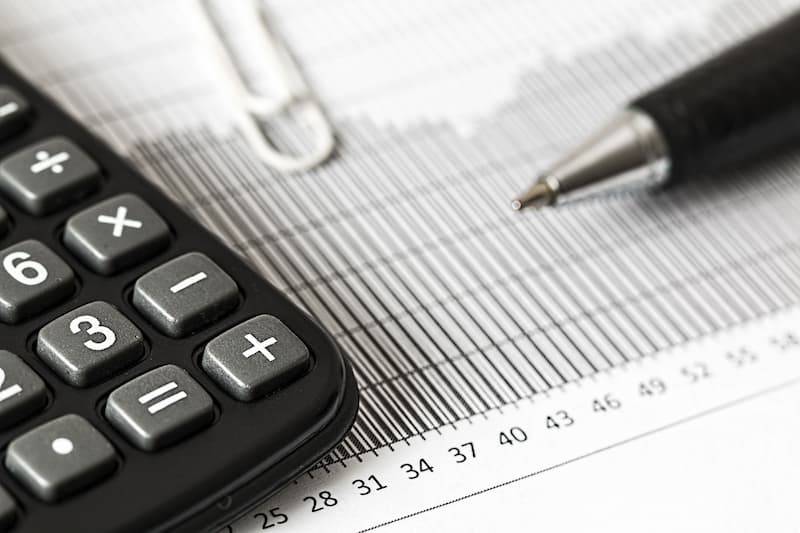As an investor, you always have to be aware of the economic value of your interests in the business. The only way you can get these estimates right is through a professional business valuation.
Apart from knowing the economic value of your investment, there are many other reasons why business valuation is important. But what exactly is a business valuation? This article tells you everything you need to know about business valuation.
What Is Business Valuation?
Business valuation is the process of determining the economic value of your business or company. This valuation helps to determine the actual value of an investment for various reasons, including determining partner ownership, sale value, divorce proceedings, and taxation. Businesses often hire professional business evaluators to do an objective evaluation of their actual economic value.
Business valuation is also essential for tax reporting. According to the Internal Revenue Service (IRS), each business must be valued based on its reasonable market value. It is also important to mention that most tax-related undertakings, like giving, selling, or buying a company’s shares, are taxed according to the company’s valuation.
Fundamentals of Business Valuation
The question of business valuation often comes up when a business wants to merge with another or plans to sell all or a percentage of its operations to another business. So, the process of business valuation involves the determination of the current economic value of your business, using impartial measures, and assessing all its aspects.
Business valuation also involves the analysis of your company’s management, capital structure, future earnings, and market value of its assets. Several tools are used for business valuation depending on the preference of evaluators, industries, and businesses. But the most common methods used in business valuation include reviewing financial statements, discounting cash flow models, and comparing a business with similar businesses. Here are the most common methods of business valuation.
- Market capitalization – this is the simplest method of business valuation, as it is calculated through the multiplication of your company’s share price by the total number of shares outstanding.
- Times revenue method involves applying a stream of revenues generated over a specific period to a multiplier depending on the industry and economic environment.
- Earnings multiplier – unlike the time’s revenue method, the earnings multiplier can be used to give a more accurate estimate of your company’s value because profits provide a more reliable estimation of a business’s financial success than its sales revenue.
Your evaluator can use many other business valuation approaches to give you an accurate picture of your business, including discounted cash flow, book value, liquidation value, and others. Just make sure that the business evaluator you choose is qualified and experienced enough to give you an accurate evaluation.






